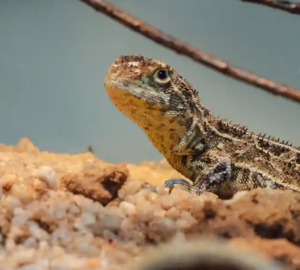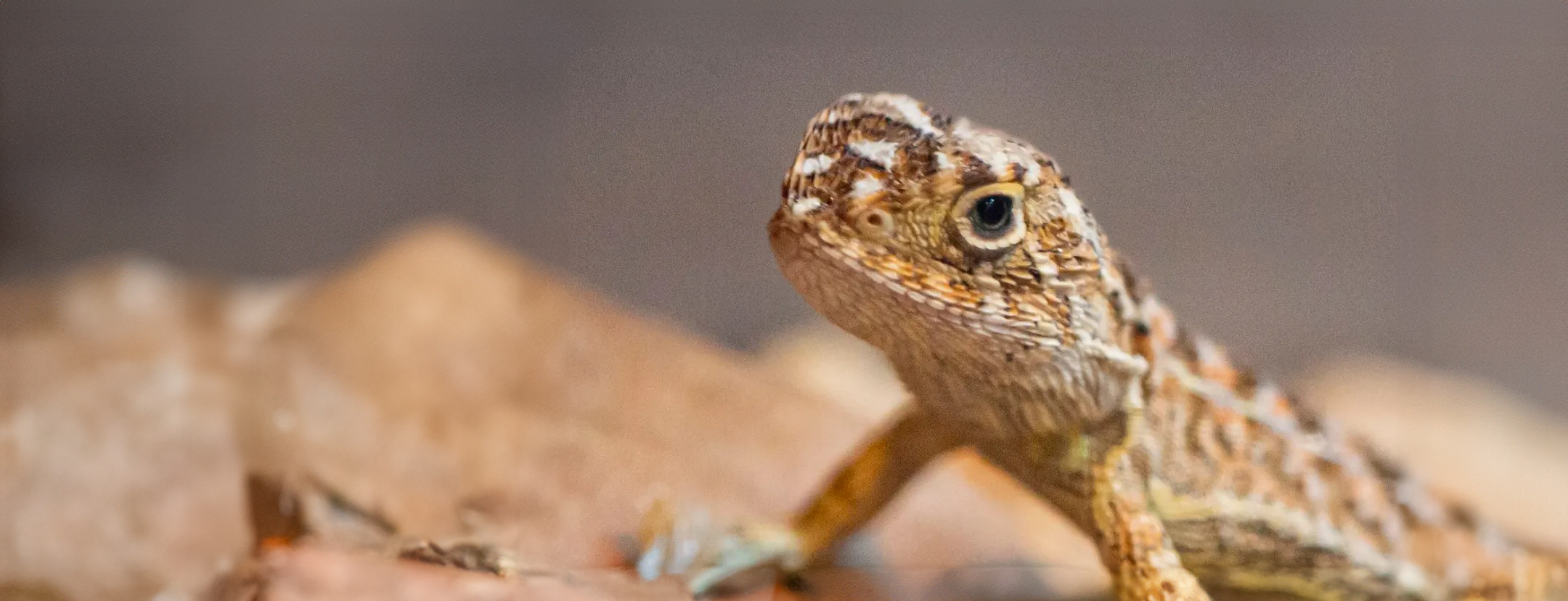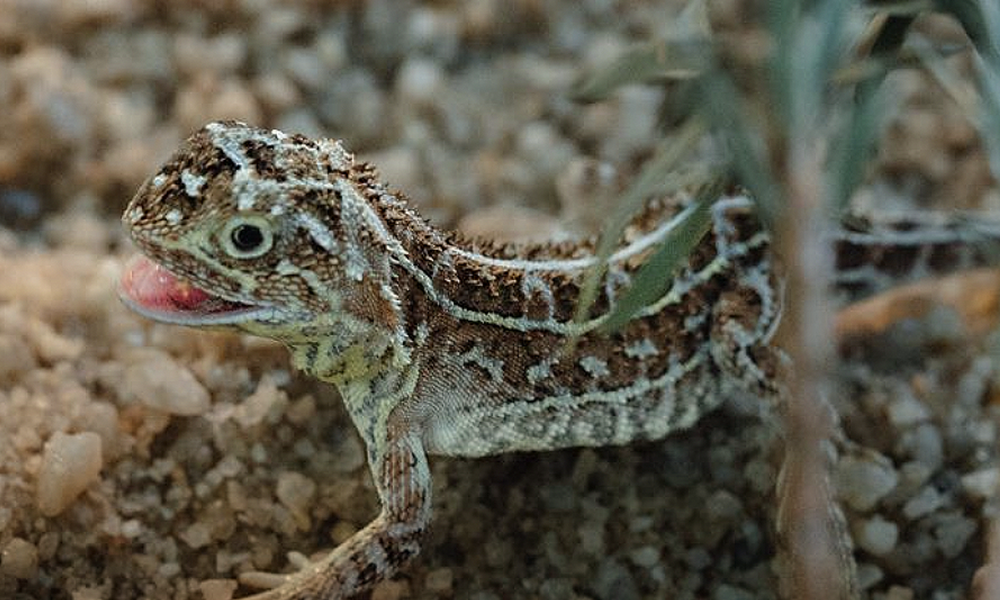The Colossal Foundation, in collaboration with Zoos Victoria, is leading an initiative to establish an interim insurance and conservation breeding program at Melbourne Zoo for this critically endangered reptile. This project aims to preserve and restore the dragon’s population, integrating advanced genetic techniques and collaborative efforts.

The initiative includes initial funding for the fit-out of interim quarantine housing and care for the dragons, along with sequencing the genome of the “lost” dragons and mapping the genetic relatedness of individuals to inform conservation breeding. Additionally, the project supports the broader recovery efforts of the Victorian Grassland Earless Dragon Recovery Team, focusing on conserving and growing the dragon’s population and protecting and restoring its wild habitat.
From the 39 wild individuals rediscovered, the team has established 11 breeding pairs, resulting in the birth of 81 dragon hatchlings so far –providing hope for this once-lost species.



 Our partnership with Colossal has great potential to explore and apply more novel genetic techniques for a range of species in need. It's a great example of how different organizations can collaborate to address the urgent need for species preservation and ecosystem restoration.
Our partnership with Colossal has great potential to explore and apply more novel genetic techniques for a range of species in need. It's a great example of how different organizations can collaborate to address the urgent need for species preservation and ecosystem restoration. 
